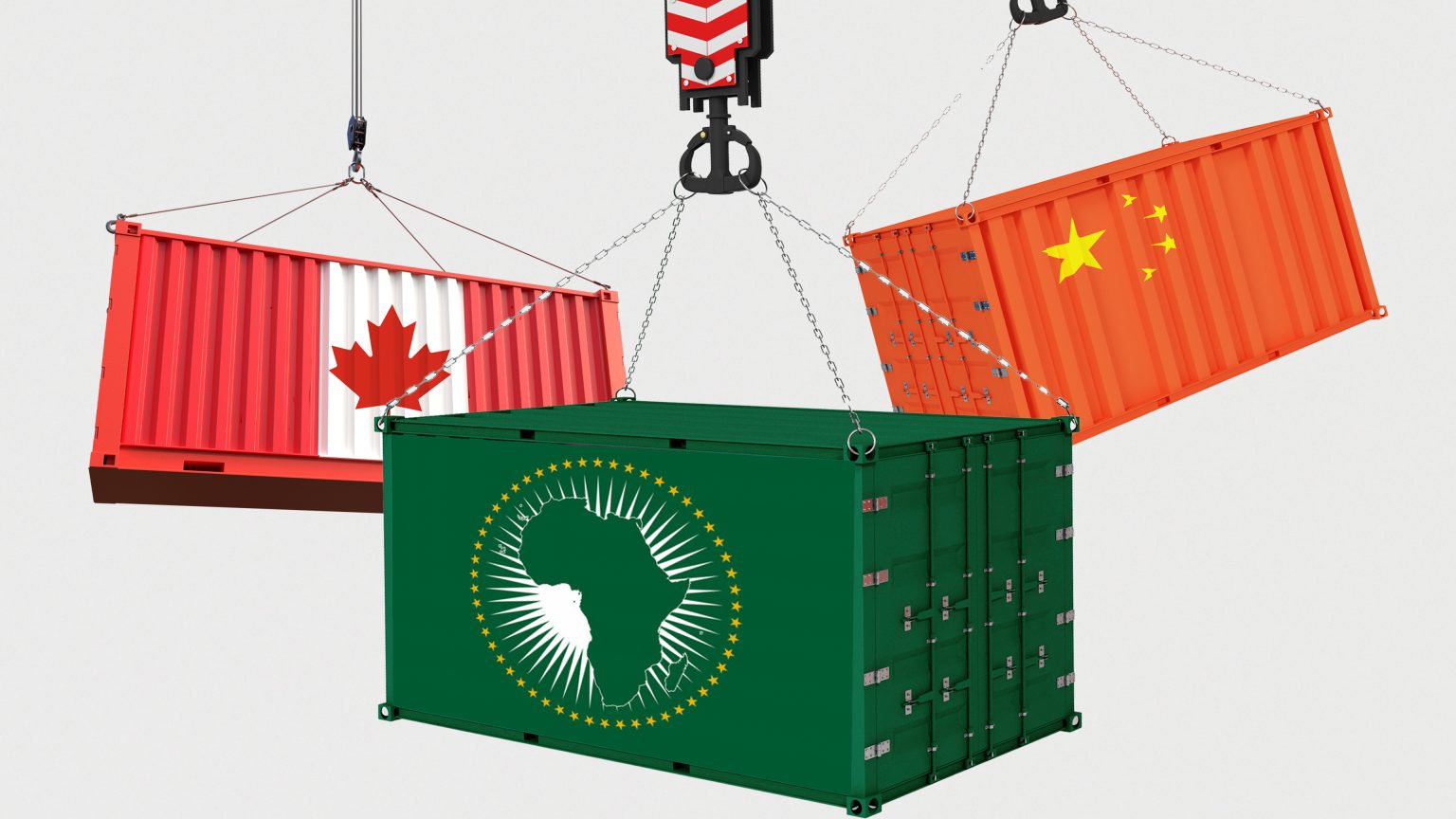By Agboola Aluko, Lagos Correspondent – GLiDE NEWS
C anada has unveiled its first-ever Africa strategy, marking a major shift in its foreign policy as Ottawa seeks to diversify trade routes and reduce its economic reliance on the United States.
Dubbed the Global Africa Strategy (GAS), the 22-page blueprint was quietly released at a Toronto event in early March—just eight days before a cabinet reshuffle and weeks before expected federal elections. The strategy arrives 18 months later than originally planned, and with less fanfare than anticipated.
Rather than broad declarations, the document zeroes in on actionable goals: tapping into Africa’s $2.1 trillion consumer market, securing critical minerals essential for green energy transitions, and expanding Canada’s commercial footprint on the continent.
In 2024, Canada’s trade with African countries surged to $15.1 billion—up 30% over the past five years. The new strategy is expected to fast-track this momentum while reducing exposure to geopolitical shocks, such as recent threats from former U.S. President Donald Trump to impose fresh tariffs on Canadian goods.
Currently, 76% of Canadian exports head to the United States, with crude oil alone accounting for 97.4% of that trade. Analysts warn that this overdependence leaves Canada economically vulnerable.
“Africa is being seen as a strategic hedge, but Canada has to move beyond rhetoric,” said economist Aly Khan Satchu. “If Ottawa wants to be taken seriously, it needs to commit substantial investments—otherwise, this will be seen as opportunism.”
Competing in a Crowded Arena
Canada is joining a crowded field. China’s trade with Africa reached a staggering $282 billion in 2023, while the EU’s Global Gateway has pledged over €150 billion for African infrastructure. Gulf states are pouring billions into ports and renewable energy, India has clinched key mineral deals, and Russia continues to deepen military ties across the Sahel.
Ottawa's strategy—framed as “values-driven”—positions Canada as a transparent and ethical alternative. It emphasizes sustainable development, ethical mining standards, and diaspora-led business networks.
“Our message to Africa is clear: we want a shared, prosperous future,” said Foreign Affairs Minister Mélanie Joly. “This strategy builds on long-standing relationships to unlock mutual opportunities.”
Pillars of the Strategy
The Global Africa Strategy is structured around five core pillars:
-
Economic Cooperation
-
Peace and Security
-
Sustainable Development
-
Multilateral Engagement
-
Diaspora Partnerships
Key initiatives include:
-
A new Pan-African Trade Hub
-
Deployment of new trade offices in Zambia and Benin
-
A US$869.5 million aid package—mainly targeting climate and health initiatives
Mineral wealth remains a centerpiece. Africa holds 30% of the world’s cobalt, 80% of platinum, and vast untapped lithium reserves. Canadian companies, like Barrick Gold, already operate in over 15 African countries, but Ottawa now aims to triple investments by 2030 via export guarantees and public-private partnerships.
Critics: Where’s the New Money?
Despite the bold tone, some experts see the strategy as underwhelming. The Centre for International Policy Studies (CIPS) described it as “vague,” noting that the aid package merely reallocates existing funds—unlike Canada’s $2.3 billion Indo-Pacific strategy announced in 2022.
“Calling this a ‘robust new foreign policy’ is hyperbolic,” CIPS said. “Ottawa must scale up if it wants to avoid recycling past commitments under a new label.”
The diaspora engagement strategy also lacks fresh funding. Despite rhetoric about deepening people-to-people ties, Canada still denies over 50% of visa applications from African countries—triple the global rejection rate—a move critics label “counterproductive.”
Looking Ahead
Canada’s Africa pivot includes a high-level trade mission later this year to explore collaborations in infrastructure, renewables, and agritech. The strategy also eyes Africa’s rising digital economy, where startups secured $2.2 billion in venture capital in 2024 alone.
Yet Canada’s niche approach—favoring feasibility studies and early-stage support over mega-infrastructure projects—risks marginalizing its impact compared to rivals like the U.S. and EU.
Meanwhile, the African Continental Free Trade Area (AfCFTA) is gaining traction. Set to lift 30 million people out of extreme poverty by 2035 and boost Africa’s income by $450 billion, AfCFTA presents a massive opportunity—and a race against time for foreign players like Canada.
With global competition heating up, Canada’s ambitions on the continent will be tested not just by policy, but by performance.
Agboola Aluko is a Lagos-based journalist covering politics, economics, and development in Africa for GLiDE NEWS.





0 Comments